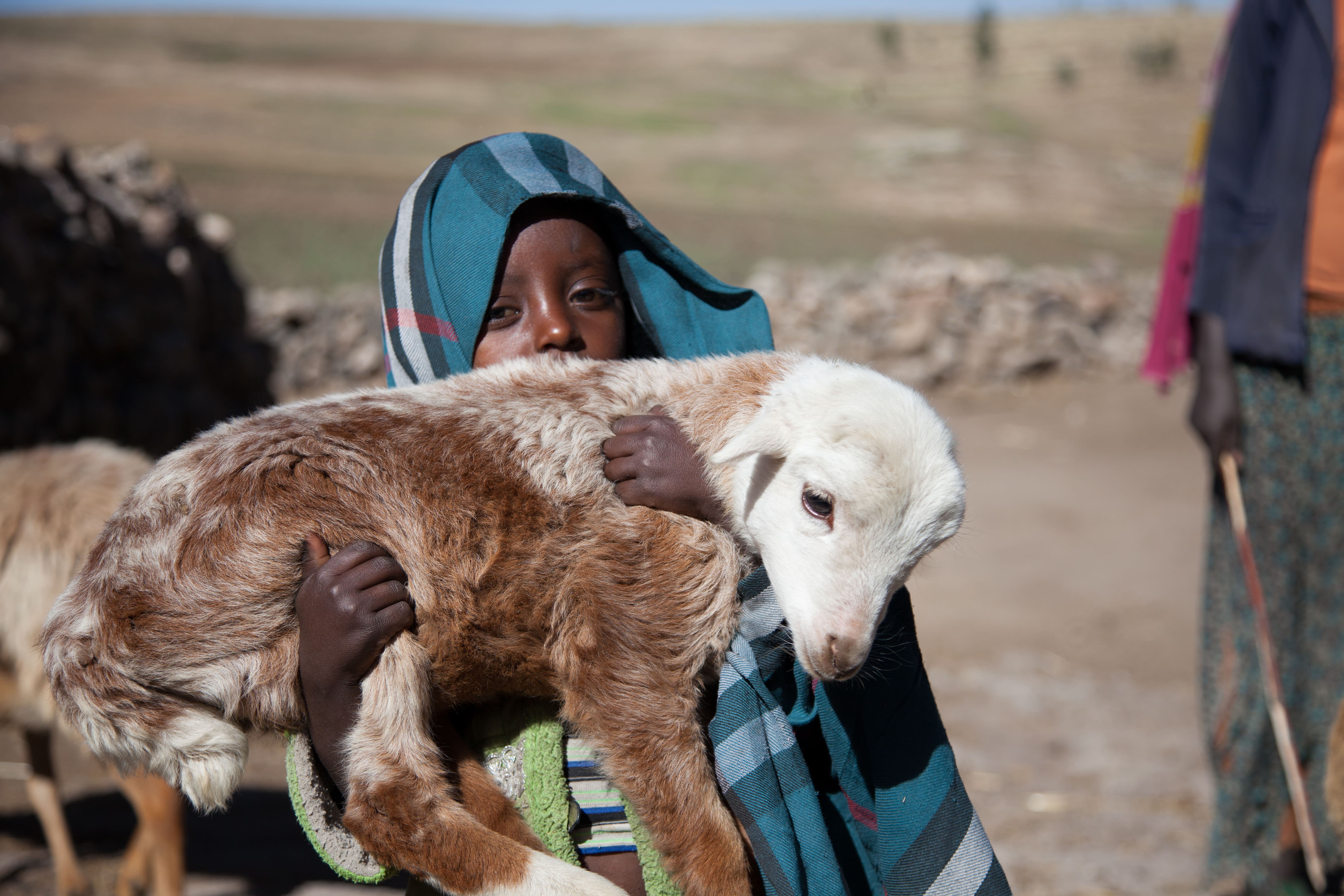Early September witnessed a flurry of significant events that underscored the urgency of addressing sustainability challenges within Africa’s food systems. The Africa Climate Summit (ACS) and Africa Climate Week (ACW), alongside the Africa Food System Summit (AGRF), highlighted the crucial need for a sustainable and nature-positive transformation in food production.
Africa’s food systems are grappling with interconnected productivity and sustainability challenges. Efforts to make them more efficient and resilient require a difficult conversation to identify tensions between different outcomes. It also requires enabling societal debate and political bargaining on overcoming complex conflicts and trade-offs, such as inadvertently harming long-term soil health for agricultural production.
Steering such a conversation to build coherency of thought and action requires, above all, political engagement and sound public, private and civic partnerships. The simultaneous occurrence of these events not only underlines the shared pathways to food systems transformation but also points to a disconnect with the governance mechanisms that drive the system, resulting in competing outcomes.
Contrasting narratives
The ACS, ACW and the AGRF presented contrasting narratives and assumptions regarding sustainable food systems, each emphasising distinct priorities. At the ACS/ACW, the prevailing narrative revolved around safeguarding food production and distribution against weather-related disruptions by investing in climate-resilient infrastructure, creating job opportunities and stimulating private-sector investments.
Conversely, AGRF placed its dominant narrative on reconstructing more robust food systems, emphasising empowering women and youth and the pivotal role of country-level actions in revitalising food systems.
These narratives reflect various stakeholders’ diverse interests and objectives, advocating for different priorities. The continuous focus on distinct and singular food system goals assumes that all outcomes are possible in a pure win-win scenario. However, win-wins are rare, and ignoring the realities around conflicts and trade-offs comes at a cost, as it can lead to policy incoherence, adverse impacts of policy in one sector on another, loss of opportunities for positive synergy effects and delayed outcomes.
This prompts the question: How can we achieve various food systems’ objectives in a way that reinforces each other?
Unveiling incoherence: The lack of coordination
When discussing policy coherence, the critical question is: coherence for what?
A study by the CGIAR Initiative National Policies and Strategies (NPS) for Food, Land and Water Systems Transformation offers insights into Kenya’s complex food system policy landscape and the journey it needs to take to achieve policy coherence to deliver national objectives and the Sustainable Development Goals (SDGs). These insights allow for a case study understanding of where policy can be improved to support sustainable food systems across the continent.
The NPS Initiative study reviewed 27 national policy instruments within the food, land and water sectors to identify points of synergy and trade-offs and to offer insights into how to systematically build policy coherence between these sectors to achieve national objectives and Agenda 2030. The study identified a siloed and sector-driven policy-making process with many stakeholders – such as government ministries, departments, agencies and countries – who lacked the institutional mechanisms for cross-sector coordination and struggled with capacity gaps when dealing with the complexity of food systems.
A glaring illustration of policy incoherence in Kenya emerges in the disconnect between land and water policies. While both hold noble intentions, their distinctive objectives, strategies and implementation often collide, giving rise to complexities reverberating through the country’s socioeconomic fabric. This conflict is markedly pronounced in regions characterised by scarce water resources and high land demand. Large-scale irrigation initiatives aimed at enhancing agricultural productivity have inadvertently led to the displacement of local communities and the degradation of land and natural resources. Additionally, the conversion of grazing areas into development zones has disrupted the delicate grazing cycle for mobile pastoralists, triggering the relocation of resident communities and fuelling protracted conflicts over land access.
A similar scenario unfolds concerning Kenya’s forestry versus agriculture policies. While Kenya’s forest policies aim to achieve sustainable forest management through conservation, afforestation and reforestation, agricultural policies focus on boosting productivity, food security and the agricultural sector’s growth. Unfortunately, poverty-fuelled deforestation, such as Mau Forest, continues to jeopardise some of Kenya’s most vital water catchment areas. Land-use changes driven by expanding populations encroaching into the forested areas, logging activities and overgrazing exert significant pressure on forest cover, further accentuating the policy incoherence challenge.
Joining up for coherence in Africa’s food systems
Africa faces an increasingly dire food security crisis driven by the relentless impact of climate change. Recent events, including the ACS, ACW and AGRF, have illuminated the urgent need to confront these challenges. A paradigm shift towards joined-up and coherent government policies is imperative to navigate this complex landscape and achieve sustainable, resilient and equitable transformation of Africa’s food systems.
This transformation hinges on strong leadership capable of driving global, regional and national actors around a shared vision as they navigate the intricate trade-offs inherent in pursuing diverse food systems outcomes while optimising overall coherence. In practical terms, this involves:
- Evidence-driven decision making: utilising the right evidence, policy diagnostics and foresight to facilitate informed decisions that advance specific outcomes and recognise the trade-offs that must be navigated.
- Bold leadership: courageous leaders willing to take calculated risks by championing policies and institutional innovations that drive coherent actions aligned with desired outcomes.
- Incentivised ecosystem: cultivating an ecosystem of motivated actors who rally behind a shared narrative and encourage collaboration, particularly among ministries, by providing diverse incentives and institutional mechanisms for effective cross-sector coordination.
- Accountability and coordination: An institutionalised mechanism for coordination and mutual accountability for results.
With millions of people in Africa grappling with food insecurity, the urgency of our response cannot be overstated. By identifying priority outcomes and embracing evidence-based decision-making to increase policy coherency while proactively addressing policy trade-offs and synergies, we can build our systems’ capacity. The emphasis on shared outcomes enables the identification of pivotal levers that can unify all sectors enabling government entities, development partners, private sector investors and other non-state actors not to be constrained by sectoral silos and work together for a bigger goal.




